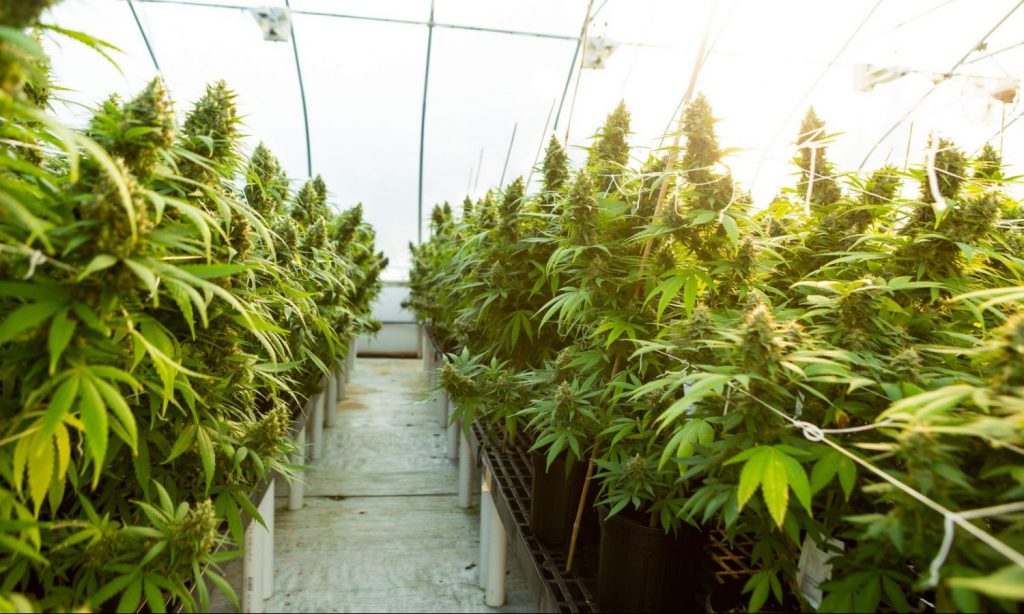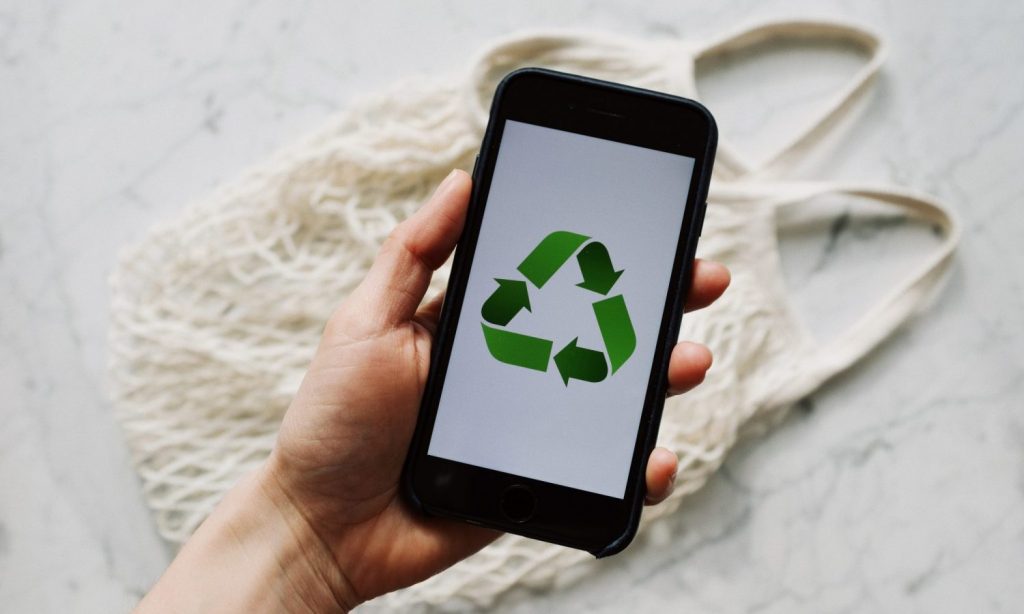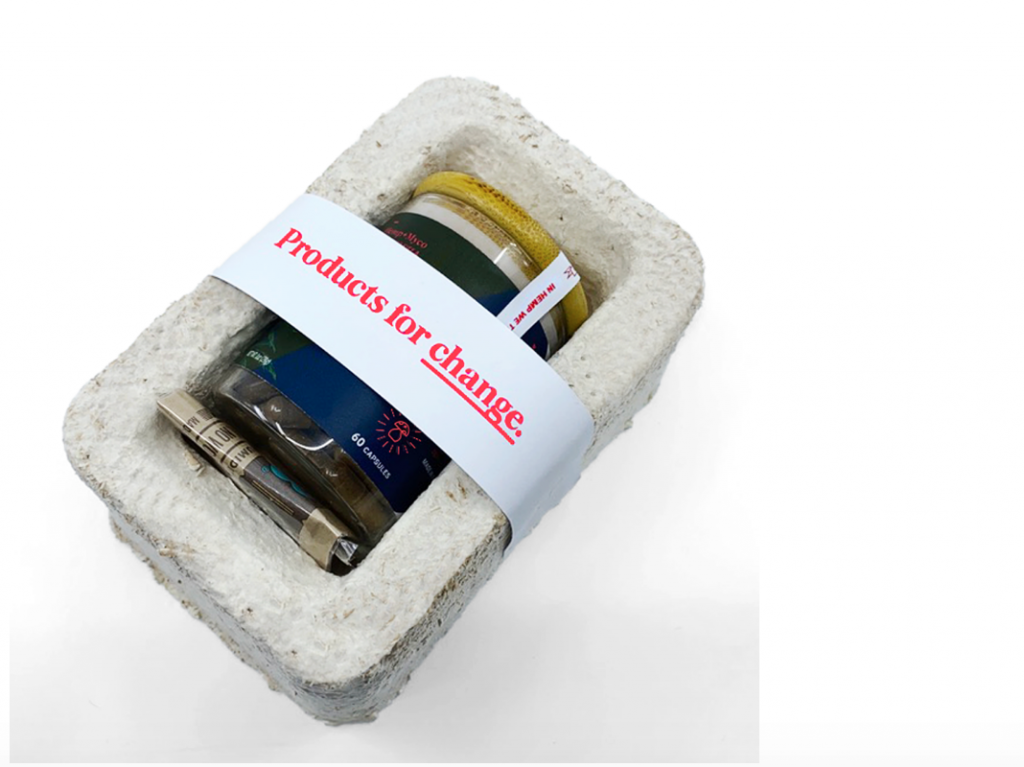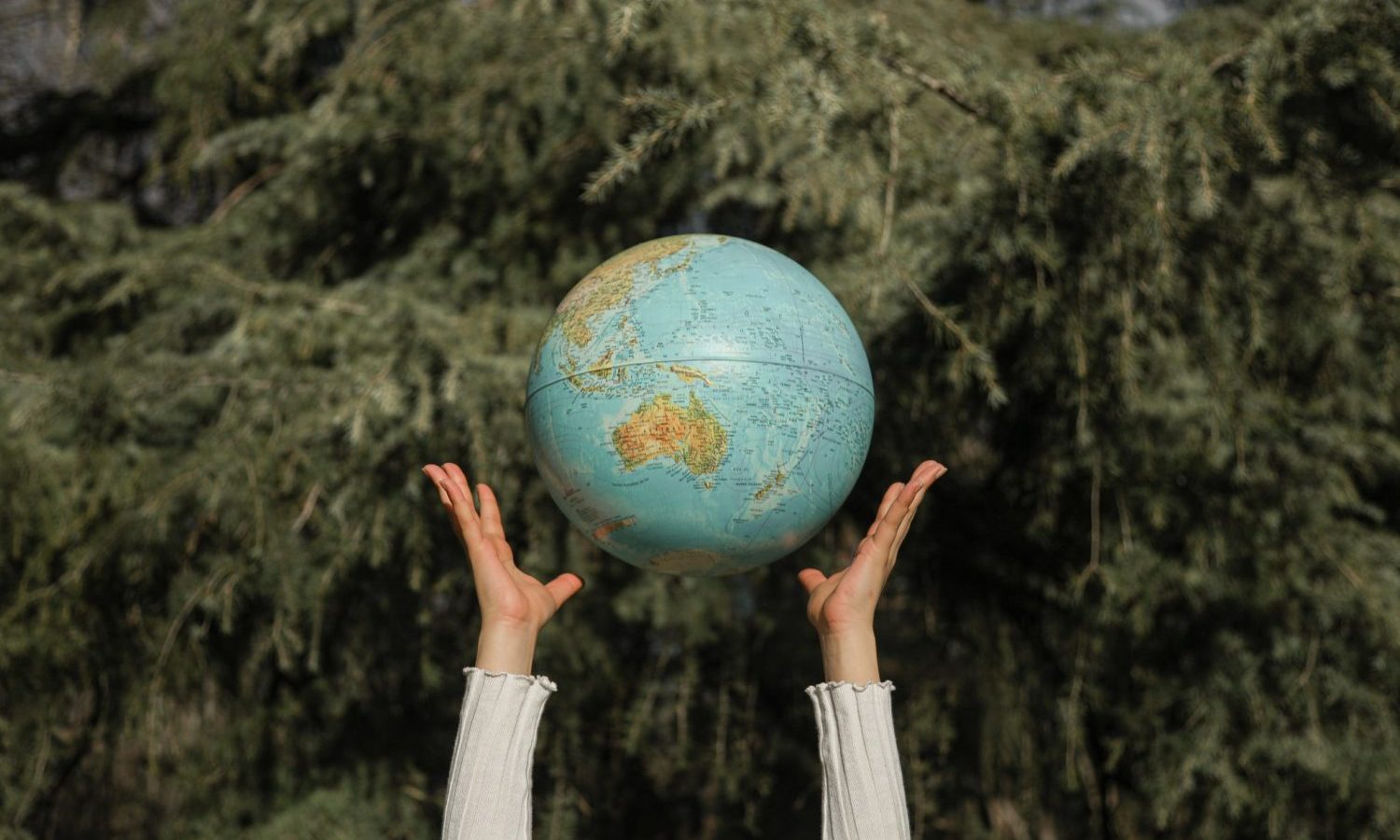It’s not easy being green, or is it? In honor of Earth Month, cannabis companies look closely at their environmental impact.
An industry revolving around growing plants seems like it would be ‘green,’ but cannabis cultivation and distribution is energy and resource-intensive. Cultivators tend to use hundreds of plastic tubs and fiberglass containers to grow these plants and need to use lots of water and electricity in order to keep an operation running. Legal cannabis production in the United States consumes enough electricity annually to power 92,500 homes for a year, and that number will only increase as the industry expands.
According to the Southwest Energy Efficiency Project (SWEEP), indoor cultivation operations utilize ten times more energy per square foot than a typical office building. The nature of growing cannabis is complex and for the most part, incredibly wasteful, but between regulations around cultivation and child-proof packaging, cannabis companies ironically have fairly limited options for “going green.”
To truly make a difference, we must start with restructuring various policies in place. Non-profits in the cannabis space and agricultural world have an eye on this issue and are looking for solutions. The Resource Innovation Institute (RII) is a non-profit organization with a mission to advance resource efficiency to cultivate a better agricultural future. Yesterday, RII released its ‘Cannabis Energy & Environment Policy Primer For Federal, State and Local Policy Makers and Regulators’ providing detailed information and guidance on energy and environmental operational matters. This is meant to help policymakers who may want to consider how plant waste can be processed through methods like composting or decreasing the impact on landfills.
Just as changing regulations for a Schedule 1 substance is ongoing, the cannabis industry is also focused today on adopting and advancing new methods and technologies to make a positive impact for the industry’s tomorrow.
Adopt Sustainable Cultivation Methods
Cannabis cultivation can have a range of environmental impacts, from air quality to land use to light pollution and more. Lightshade, a vertically integrated dispensary chain in Colorado reduced its cultivation’s water usage by 1.2 million gallons this year by introducing a water recirculation system. This system recycles and treats captured irrigation water from the plants, increasing water use efficiency and reducing the burden on the municipal water system. Nick Drury and Dan Banks, Lightshade Directors of Cultivation Operations, have made sustainability a mission in Lightshade’s cultivations.
RELATED: Cannabis Companies Begin To Embrace Sustainability
Last week, Lightshade began working with Cascade Energy and Resource Innovations to identify better energy management practices at Lightshade’s five indoor and greenhouse cultivation facilities. By executing the Xcel Energy Strategic Energy Management Program, Lightshade is hoping to gain valuable insight on how cannabis cultivation facilities use energy and ways to improve energy use practices. This is the first program to truly illuminate where cultivation facilities can reduce waste, enabling companies to reduce energy costs or increase energy efficiency.
Energy is generally the highest controllable cost for indoor growers. Indoor cannabis cultivation uses significant amounts of energy, mostly driven by intense horticultural lighting, heating ventilation and air conditioning (HVAC), and dehumidification systems. One technology several cultivators lean on is switching to LED lighting. These solutions can not only improve THC levels and yields, they also contribute to a 37% savings in lighting energy consumption and 25% overall energy savings as reported in a recent Sacramento Municipal Utility District study on LED technology.
RELATED: Earth Day Marijuana: How To Be Eco-Friendly With Your Weed
Some operations are leaning on new LED light innovations to conserve energy, while others leverage Full Spectrum Light, a combination of the sun and HPS lights. Lost Coast, a new cannabis flower label in Colorado uses this combination because they believe it allows for strong growth and full expression of the plant. Utilizing the sun in tandem with HPS lights also reduces the cultivation’s energy usage. Lost Coast is leveraging clean cultivation processes that take advantage of indigenous microorganisms to produce fertile soils with a high output. No chemical fertilizers that can kill micro-organisms, destroying long-term sustainability potential, or pesticides that can seep into the earth, contaminating soil, water and other vegetation. Instead, they are using hand-made, all-natural plant inputs, using living soil within a natural microbiological ecosystem.

Avoiding pesticides completely and putting in the effort required to bring a living ecosystem into your garden allows Mother Nature to work her magic, effectively strengthening all phases of plant growth. This means a few different things. Not only is the process more sustainable, but there’s also a bit less upkeep required for the cultivator in the end, and more relying on nature to run its course. So what’s the benefit of buying flower grown this way? Higher quality terpene profiles, flavors, aromas, and most importantly, a clean and enjoyable smoking experience.
Engage Vendors for Sustainable Materials
Next to toilet paper and paper towels, isopropyl alcohol was also flying off of the shelves during the pandemic. ISO is often used for killing germs on your glass pipe or bowl after a stranger takes a puff, making it an essential part of any group smoke session with friends. Even before rubbing alcohol was out of the picture for everyday use, Moose Labs introduced a germ-preventing solution called the MouthPeace. The MouthPeace is a physician-backed device made for a safer and cleaner smoking experience. Made with high-quality platinum-cured silicone, the MouthPeace creates a sanitary barrier between users’ mouths and their pipe, joint, or vape, preventing germ spread at the source.
RELATED: States Pushing Cannabis Operations To Be More Earth Friendly
Even though MouthPeaces are essentially face masks for your bong or joint, they are far from becoming the next PSA of floating masks in the ocean. The MouthPeace itself is reusable, eliminating the need for rubbing alcohol and cotton swabs between users. Plus, it’s made with silicone, an arguably better material for the environment compared to plastic. Silicone is a hybrid material, meaning that it needs both natural resources and fossil fuels for production. Silicone is a bit better than plastic, especially if the item in question is going to be reused over and over since it’s also a more long-lasting material that can withstand extreme temperatures. Silicone can also be recycled, it doesn’t degrade into small pieces making it ocean-friendly, and it doesn’t release any toxins in the air when burned.
View this post on Instagram
Each MouthPeace comes with replaceable activated carbon Filters which use and triple-layer filtration to remove resins and tar particles from each inhale. The replaceable filters are sustainable as well, made from recycled, biodegradable materials.
In honor of Earth Day, from April 22nd to May 22nd, Moose Labs is donating 10% of proceeds made on the ‘Earth’ colored MouthPeace to the Earth Island Institute, a non-profit conservation group. This is kicking off the company’s ‘Colors for a Cause’ initiative where a portion of proceeds made on specific MouthPeaces are going towards a designated nonprofit.
Test and Deploy Eco-friendly Packaging
For some brands, sustainability isn’t just about what you do to make a certain product eco-friendly, the packaging plays a major role as well. Consumer packaging is a major avenue of creating waste that takes many forms in cannabis through child-proof packaging, disposable vape batteries, plastic doob tubes, security bags, RFID tags, etc. Most of this packaging is necessary in order to meet certain mandates, but there are opportunities to make sustainable decisions through careful selection of packaging materials and exploring reuse or recycling options.
Rules vary per market, but several dispensaries in Colorado even allow you to bring back your empty plastic bottles so they can be re-used and/or properly recycled. If that’s not an option for you, next time you’re shopping for cannabis in the dispensary, aim for products that come in packaging made from glass, hemp plastics, or recycled plastics.

While there may be a lack of sustainable options due to tight regulations for THC products, hemp companies have a little more wiggle room. Advocates for Cannabis (A.F.C), a full-spectrum hemp product company is experimenting with packaging made from hemp mushrooms. A.F.C creates “Products For Change” that are derived from organically cultivated, non-GMO and pesticide-free hemp. The company prides itself on exceptional quality control from soil to oil, working collaboratively with industry-leading growers, scientists, and extractors to produce cGMP (Current Good Manufacturing Practices) compliant products. The woman-owned company launched A.F.C Hemp + Myco-Immunity Capsules in March that come in high-quality reusable glass jars. The glass “keep jar” is protected by biodegradable mushroom packing material and hemp fiber as opposed to cardboard or plastic.

“Our uniquely tactile unboxing experience brings consumers closer to nature, so they can not only benefit from consuming these superfoods in a familiar capsule format, they can also touch packaging grown from mushrooms, feel the hemp fiber, and then re-use the practical jar to minimize waste. This is all part of the idea of a ‘new’ luxury – a product that makes sustainability sexy,” said Anna Addison, CEO & Co-Founder of A.F.C.
Earth Day, Every Day
During this Earth Day, the industry’s collective focus on the increase in the production of plant-based medicines and food crops can be realized while also reducing our carbon footprint and impact on the environment. At this point, every little step we take matters, as long as it’s a step in the right direction.


